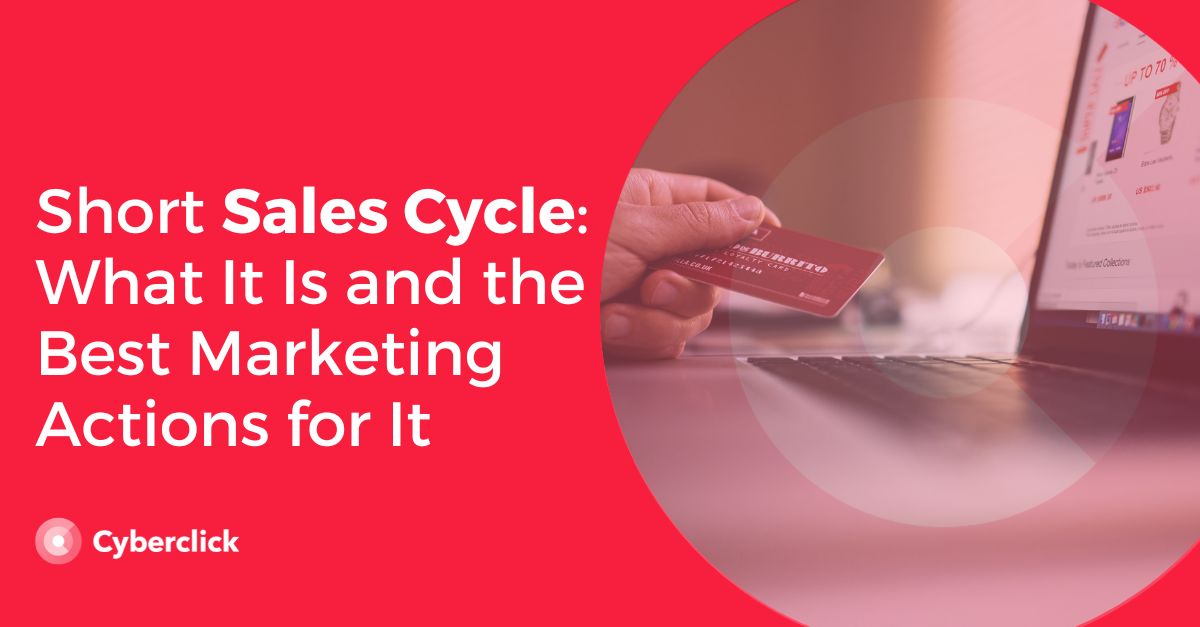Almost all marketing departments share the same goal: to get more results with less budget. Applying the principles of the lean philosophy can help you achieve this.
Lean marketing is a strategy particularly suited for startups and small businesses, but all companies can benefit from applying its principles. Read on to find out what lean marketing is and its benefits.

What Is Lean Marketing?
Lean marketing consists of combining different aspects of marketing to promote products and brands in an effective and flexible way to keep costs to a minimum.
It is based on a series of steps:
- Identify a problem that the customer wants to solve.
- Create a minimum viable product (MVP), i.e. the simplest possible solution to validate a hypothesis to solve the problem. Ideally, this solution should have a minimum cost, so that you can test your hypothesis with the lowest possible budget.
- Measure the results of your minimum viable product to establish whether it meets your needs.
- Take note of the lessons learned to be able to implement them in the next versions.
- Repeat until the final solution is reached.
To implement this philosophy successfully, you should keep these three main principles of lean marketing in mind:
-
Deliver less, but more often and faster: that is, instead of spacing out deliveries until you have a more defined solution, you should define small-scale prototypes and test them frequently to make sure you are on the right track.
-
Stay focused on the task at hand without trying to do multiple things at once.
-
Be flexible: instead of rigidly sticking to plans, the lean strategy proposes to continuously adapt to changing circumstances and resources.
10 Ways to Apply Lean Marketing in Your Company
1. Optimize Segmentation
Lean marketing is based on obtaining maximum results from minimum resources. To do this, it is essential to only target the people most likely to be interested in your offer.
Therefore, the first step in developing a lean marketing strategy should be creating a buyer persona, i.e., a profile of your company's ideal customer that includes factors such as location, psychological aspects, social and demographic factors, and pain points related to your brand.
2. Conduct Experiments
Experimentation is one of the key principles of lean marketing. Instead of creating a marketing plan with a predefined channel allocation, start by allocating a small amount of your budget to multiple ideas and compare the results against each other. There are a lot of possibilities, including SEM and social ads campaigns, contests and sweepstakes, affiliate marketing, and more.
3. Listen to Your Customers
To identify what works and what doesn't, the best method is to let your customers tell you. No need to have big budgets for marketing research, just pay attention to the comments on your social channels and set up alerts to be aware of the opinions about your brand.
The most important thing is to be willing to learn from the negative comments and be grateful for the positive ones.
4. Offer a Quality Platform
Instead of trying to "be everywhere," lean marketing is all about focusing on a single platform that really brings value to users.
Once you have identified a channel that works, dedicate time and effort to create quality content focused on the needs of your buyer persona.
5. Use Social Media
Social networks are a great channel for lean marketing. You can get results quickly and adapt your strategy in real-time.
6. Test Your Content
Content marketing requires time and effort, especially with formats such as infographics, webinars, or ebooks.
Therefore, before creating in-depth content, it’s highly recommended to test small-scale themes and formats. Your blog is the ideal place for this type of experimentation. If articles on a certain topic attract a large number of visits and comments, it’s a sign that it’s worth spending time on more extensive content.
7. Plan for the Short Term
A content calendar works well when you don't try to plan too far ahead. This way, you can remain flexible and react according to circumstances.
8. Adapt in Real Time
When circumstances change, plans have to change too. That's why the most successful brands are those that are able to adapt their messages and campaigns to the moment and are not afraid to deviate from the original plan.
9. Use Online Advertising to Conduct Experiments
Platforms such as Google Ads and Facebook Ads are ideal for testing different audiences, formats, creatives, landing pages, and more.
10. Focus on the Metrics That Matter
Measurement is a key pillar of lean marketing. Therefore, to apply it in your company, you need to be able to define the digital marketing metrics that really matter and not be distracted by vanity metrics.
When setting up an experiment, think about what you want to achieve and how it relates to your business objectives.
Responsable de la estrategia de contenidos y visibilidad en Cyberclick, con enfoque Allbound y especialización en posicionamiento SEO, GEO y automatización con IA. Gestión avanzada del CRM con HubSpot: base de datos, workflows, lead nurturing, scoring y reporting. Experiencia en marketing digital, comunicación corporativa y periodismo, uniendo estrategia, creatividad y tecnología para captar y convertir leads cualificados.
Responsible for content and brand visibility strategy at Cyberclick, with an Allbound approach and specialization in SEO, GEO (Generative Engine Optimization), and AI-powered automation. Advanced HubSpot CRM management: database segmentation, workflows, lead nurturing, scoring, and reporting. Background in digital marketing, corporate communications, and journalism—combining strategy, creativity, and technology to attract and convert qualified leads.




.jpg)

Leave your comment and join the conversation